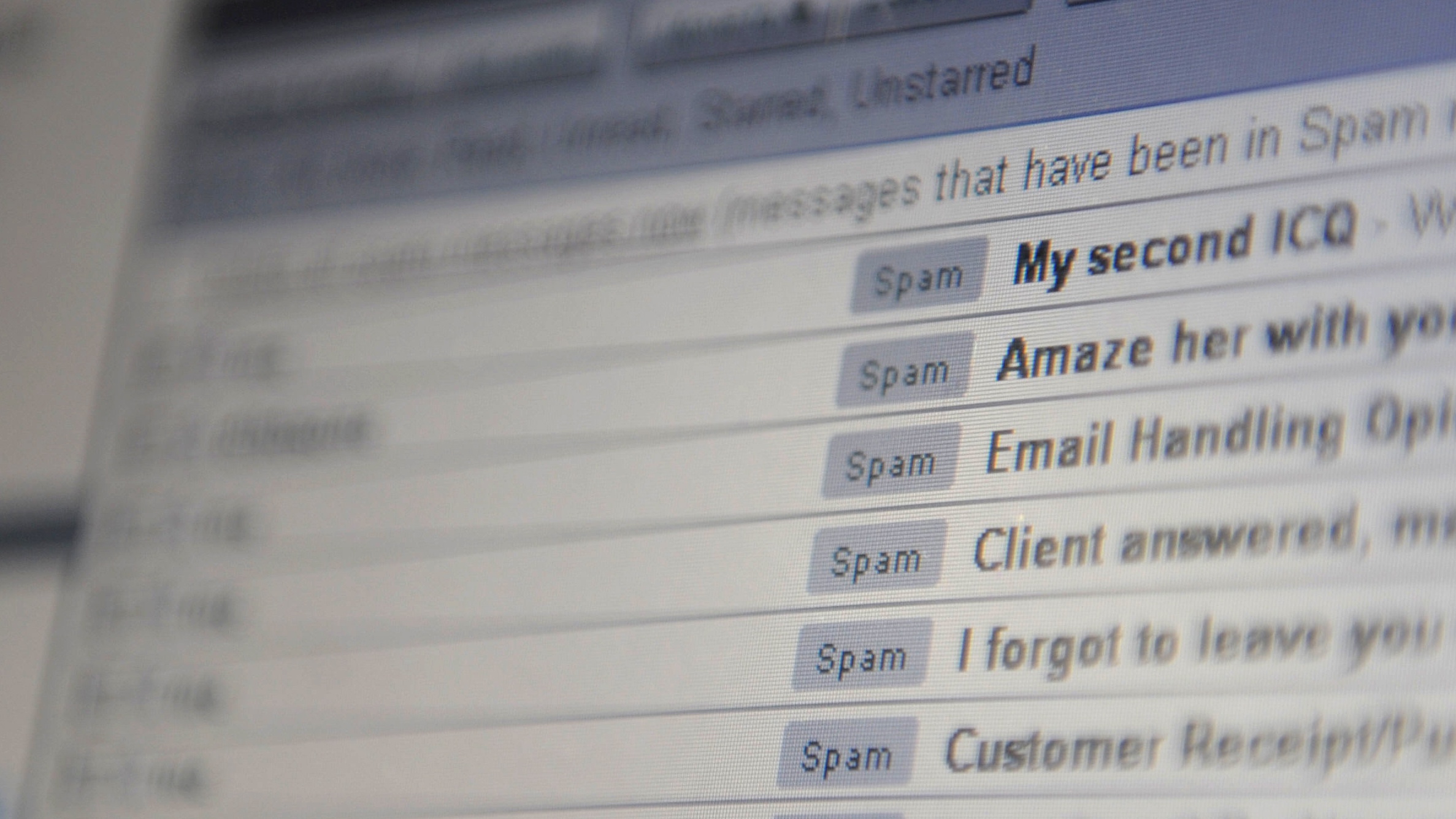Cyber-attack warning after £20m stolen in the UK
'Particularly virulent' malware known as Dridex may be responsible for losses of $100m worldwide

A free daily email with the biggest news stories of the day – and the best features from TheWeek.com
You are now subscribed
Your newsletter sign-up was successful
The National Crime Agency is warning of a severe cyber-attack after a virus was used to access online banking details and steal millions of pounds from UK bank accounts.
An estimated £20m has been pinched in the UK, but the virus, known as Dridex, may be responsible for losses of $100m globally, reports The Guardian.
The hackers have used what is being described as "particularly virulent" malware to gain access to people's computers. It records the login details used to access online banking services, allowing the attackers to then steal from bank accounts.
The Week
Escape your echo chamber. Get the facts behind the news, plus analysis from multiple perspectives.

Sign up for The Week's Free Newsletters
From our morning news briefing to a weekly Good News Newsletter, get the best of The Week delivered directly to your inbox.
From our morning news briefing to a weekly Good News Newsletter, get the best of The Week delivered directly to your inbox.
It is believed that the criminals are based in Eastern Europe. Last month, cyber analyst Brian Honan told SC Magazine, a publication for IT security professionals: "From a European point of view the majority of financial-based cyber-attacks does come from Eastern Europe, Russian-based cyber-gangs."
The top-secret electronic security centre at GCHQ is investigating the cyber-attack, alongside the UK's national Computer Emergency Response Team. The agencies are joined by others around the world including the FBI, the European police agency Europol and law enforcement in Germany and Moldova.
The National Crime Agency fears this could be one of the worst cyber-attacks it has ever seen. "There could be thousands of infected computers in the UK, the majority being Windows users," it said.
The agency has advised the public to visit the GetSafeOnline website, where anti-virus tools can be downloaded to clean up infected machines.
A free daily email with the biggest news stories of the day – and the best features from TheWeek.com
The FBI has also encouraged the public to take steps to protect themselves. "We urge all internet users to take action and update your operating system," said executive assistant director Robert Anderson. "Ensure you have up-to-date security software and think twice before clicking on links or attachments in unsolicited emails."
-
 Why are election experts taking Trump’s midterm threats seriously?
Why are election experts taking Trump’s midterm threats seriously?IN THE SPOTLIGHT As the president muses about polling place deployments and a centralized electoral system aimed at one-party control, lawmakers are taking this administration at its word
-
 ‘Restaurateurs have become millionaires’
‘Restaurateurs have become millionaires’Instant Opinion Opinion, comment and editorials of the day
-
 Earth is rapidly approaching a ‘hothouse’ trajectory of warming
Earth is rapidly approaching a ‘hothouse’ trajectory of warmingThe explainer It may become impossible to fix
-
 How cybercriminals are hacking into the heart of the US economy
How cybercriminals are hacking into the heart of the US economySpeed Read Ransomware attacks have become a global epidemic, with more than $18.6bn paid in ransoms in 2020
-
 Language-learning apps speak the right lingo for UK subscribers
Language-learning apps speak the right lingo for UK subscribersSpeed Read Locked-down Brits turn to online lessons as a new hobby and way to upskill
-
 Brexit-hobbled Britain ‘still tech powerhouse of Europe’
Brexit-hobbled Britain ‘still tech powerhouse of Europe’Speed Read New research shows that UK start-ups have won more funding than France and Germany combined over past year
-
 Playing Cupid during Covid: Tinder reveals Britain’s top chat-up lines of the year
Playing Cupid during Covid: Tinder reveals Britain’s top chat-up lines of the yearSpeed Read Prince Harry, Meghan Markle and Dominic Cummings among most talked-about celebs on the dating app
-
 Brits sending one less email a day would cut carbon emissions by 16,000 tonnes
Brits sending one less email a day would cut carbon emissions by 16,000 tonnesSpeed Read UK research suggests unnecessary online chatter increases climate change
-
 Reach for the Moon: Nokia and Nasa to build 4G lunar network
Reach for the Moon: Nokia and Nasa to build 4G lunar networkSpeed Read Deal is part of the US space agency’s plan to establish human settlements on the lunar surface
-
 iPhone 12 launch: what we learned from the Apple ‘Hi, Speed’ event
iPhone 12 launch: what we learned from the Apple ‘Hi, Speed’ eventSpeed Read Tech giant unveils new 5G smartphone line-up
-
 Russian agency behind US election meddling ‘created fake left-wing news site’
Russian agency behind US election meddling ‘created fake left-wing news site’Speed Read Facebook says real reporters were hired by fake editors to write about US corruption